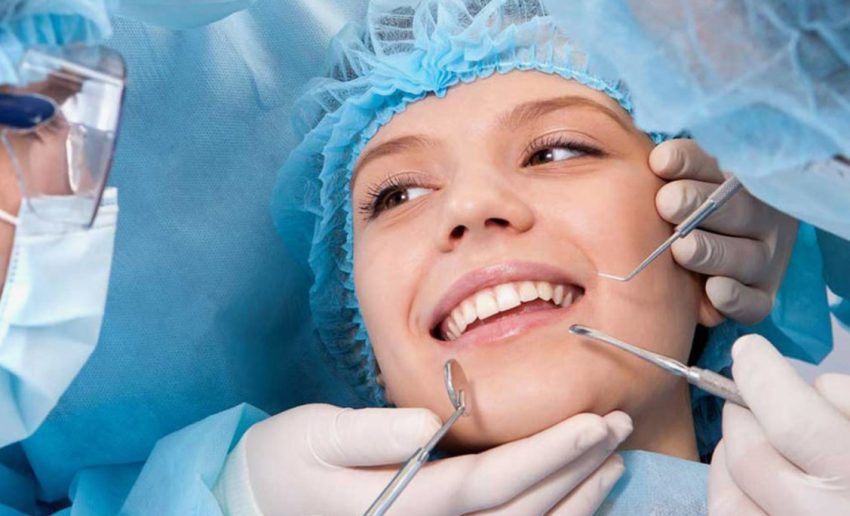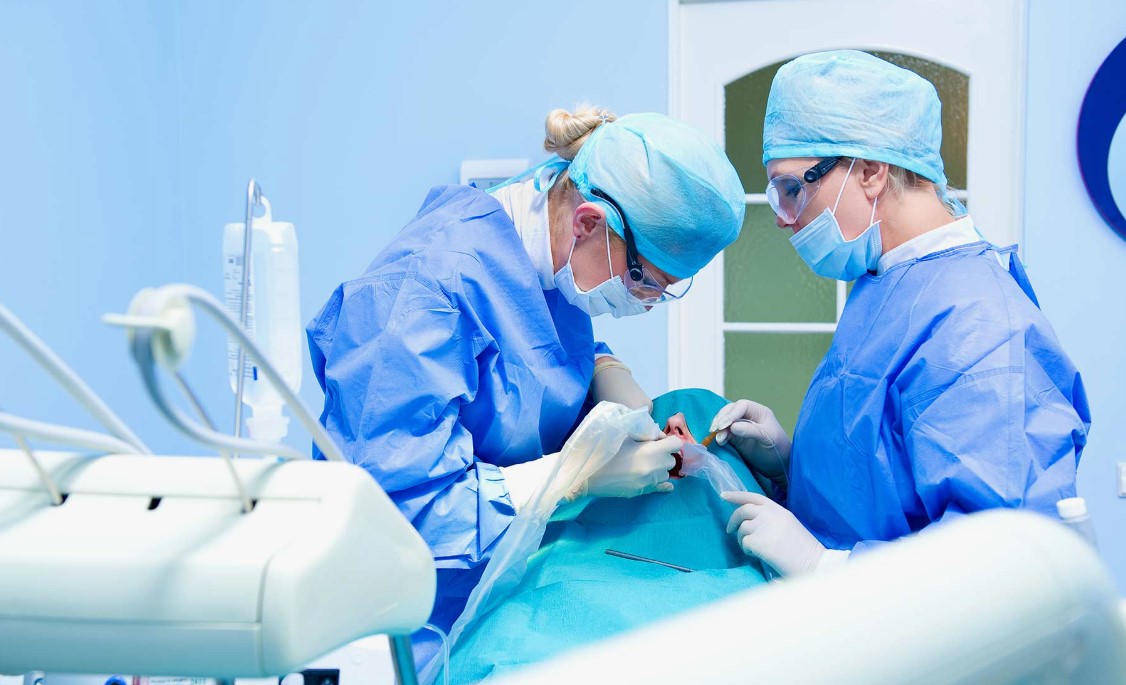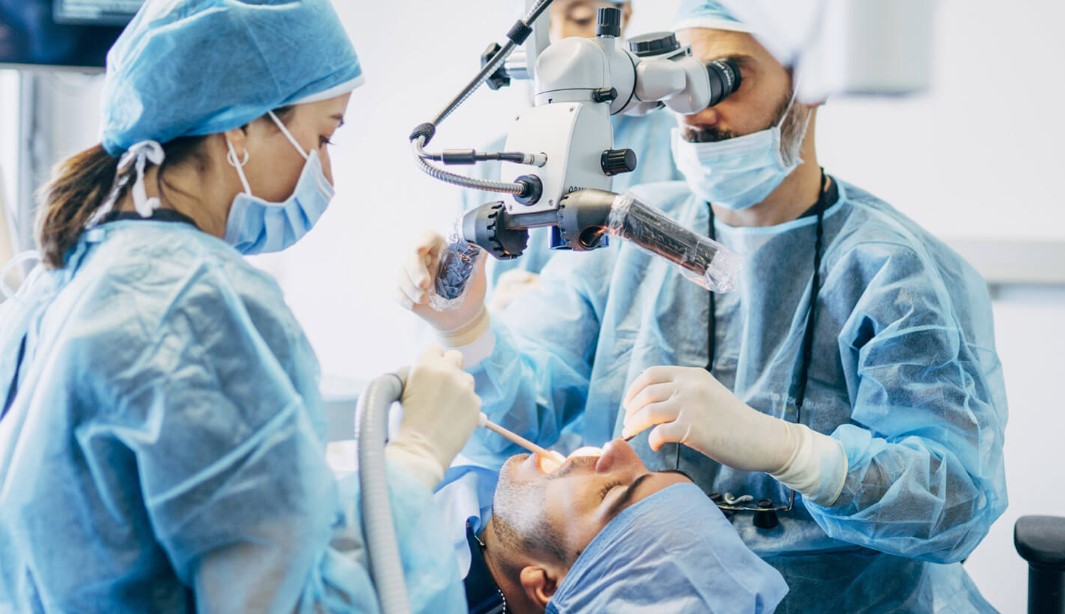Maximizing Healing Through Nutrition After Oral Surgery: What You Need to Know

Oral and maxillofacial surgery is a significant medical intervention that often involves delicate procedures affecting the mouth, jaw, and face. The recovery process following such surgery is crucial, and nutrition plays a pivotal role in ensuring that the body heals efficiently. Understanding the role of a well-balanced diet during the healing process can significantly reduce complications, expedite recovery, and enhance overall outcomes. In this article, we will explore the importance of nutrition in recovery after oral surgery, offering insights specific to patients in Dubai and the UAE.
Why Nutrition Matters in Post-Oral Surgery Recovery
Nutrition is essential for any form of recovery, but it becomes especially crucial following oral surgery. Since the body’s natural healing processes require energy, vitamins, and minerals, a well-structured diet can ensure that these resources are readily available to support tissue repair, reduce inflammation, and prevent infections. Oral surgery patients may find it challenging to consume solid food, which makes it even more important to focus on nutrient-dense alternatives. Inadequate nutrition can lead to slower recovery times and a higher risk of complications such as infections or delayed wound healing.

Macronutrients: The Building Blocks of Recovery
Macronutrients such as proteins, carbohydrates, and fats serve as the foundation for tissue regeneration and immune response. Protein, in particular, is critical for cell repair and the rebuilding of tissues damaged during surgery. Recommended sources include soft, easily digestible options such as yogurt, soft tofu, and protein-rich shakes. Carbohydrates provide the energy needed to fuel the body’s repair processes, while fats are important for immune function and hormone regulation. It’s essential to balance these macronutrients to ensure that the body has the necessary resources for a full and speedy recovery.
Key Micronutrients and Their Role in Healing
Micronutrients, though required in smaller amounts, are equally important in promoting healing post-oral surgery. Vitamin C is critical for collagen production, which strengthens the tissues surrounding the surgical site. Citrus fruits, soft berries, and vitamin supplements can provide the required daily intake. Zinc plays a significant role in boosting immune function and speeding up the healing of wounds. Soft, zinc-rich foods like eggs and cheese are excellent additions to the post-surgery diet. Vitamin A helps regenerate epithelial tissues, which form the skin and mucous membranes. Carrot soups or vitamin-enriched smoothies can offer this essential nutrient.
Hydration: A Fundamental Aspect of Recovery
Staying hydrated is often overlooked, but it is fundamental in aiding recovery after oral surgery. Adequate water intake ensures that nutrients are properly absorbed and helps keep the surgical site clean by maintaining salivary flow, which has natural antibacterial properties. Dehydration can lead to complications such as dry mouth, which increases the risk of infection and delays the healing process. Patients in Dubai and the UAE, given the hot climate, should pay particular attention to their hydration levels to avoid any complications.
Ideal Foods for Post-Oral Surgery Patients
Immediately following oral surgery, it is important to consume soft, nutrient-rich foods that do not irritate the surgical site. In Dubai, many traditional dishes like hummus, blended soups, and soft rice-based meals can be excellent choices. Foods that are easy to swallow and rich in essential vitamins and minerals should form the core of the diet. Examples include mashed potatoes, scrambled eggs, and smoothies made from soft fruits and vegetables. Sugary and acidic foods, as well as hard and crunchy items, should be avoided to prevent irritation and possible damage to the surgical site.
Foods to Avoid During Recovery
Certain foods can exacerbate post-surgery discomfort or even cause complications. Hard, crunchy, or sticky foods can get lodged in the surgical site, potentially causing infections or interfering with the healing process. Spicy or highly acidic foods can also irritate the sensitive areas, delaying recovery. Carbonated beverages and alcohol should be avoided, as they can lead to dehydration and negatively affect healing. Additionally, foods that require intense chewing, such as steak or raw vegetables, should be temporarily excluded from the diet to prevent strain on the jaw and mouth.

Nutritional Supplements: Are They Necessary?
In some cases, nutritional supplements may be necessary to meet the increased demands for certain vitamins and minerals during recovery. Multivitamins, especially those rich in vitamins A, C, and D, can support the body’s healing mechanisms. Omega-3 supplements, known for their anti-inflammatory properties, may also be beneficial. However, it is essential to consult a healthcare professional before introducing any supplements, as excessive intake of certain nutrients can have adverse effects. Patients should aim to meet their nutritional needs primarily through whole foods whenever possible.
The Role of Cultural Dietary Practices in Dubai and the UAE
In Dubai and the UAE, cultural dietary practices offer a unique advantage in post-surgery recovery. Traditional foods such as lentil soups, soft bread, and dates are not only rich in essential nutrients but are also easy to consume for patients recovering from oral surgery. Additionally, the UAE’s emphasis on hospitality and sharing meals means that family members can play a significant role in ensuring that recovering patients have access to nutritious, appropriate meals. Healthcare providers in the region are increasingly integrating these cultural considerations into dietary recommendations for post-surgical care.
The Impact of Dubai’s Climate on Post-Surgery Nutrition
Dubai’s hot and arid climate poses specific challenges for patients recovering from oral surgery, particularly in terms of hydration and maintaining optimal nutritional intake. The high temperatures can lead to dehydration, which can hinder recovery. It is essential for patients to increase their fluid intake, opting for hydrating, nutrient-rich beverages like coconut water or electrolyte drinks. Furthermore, the climate necessitates a greater focus on cooling foods such as cucumber-based dishes or yogurt, which can help soothe the body while also providing essential nutrients for healing.
The Role of Healthcare Providers in Guiding Nutritional Choices
Healthcare providers in Dubai and the UAE play a vital role in guiding patients on the right nutritional choices during their post-surgery recovery. Oral and maxillofacial surgeons often provide tailored dietary guidelines to ensure patients receive adequate nutrition while avoiding foods that may cause harm. Post-surgery consultations are crucial for monitoring progress and adjusting dietary recommendations as needed. Healthcare professionals also encourage family involvement, as meal preparation and support can enhance the patient’s adherence to dietary guidelines, ensuring a smoother recovery process.
Supporting Recovery with Nutritional Education
Education plays an important role in ensuring patients understand the link between nutrition and recovery. In Dubai and across the UAE, healthcare institutions are increasingly focusing on educating patients about the role of nutrition in healing after oral surgery. Many clinics offer printed materials and digital resources outlining dietary recommendations, helping patients make informed choices. Initiatives that encourage awareness about nutrition’s impact on health and recovery are essential, particularly in the diverse population of the UAE, where dietary habits and preferences vary widely.
Conclusion
The role of nutrition in post-oral surgery recovery cannot be overstated. From providing essential macronutrients and micronutrients to promoting hydration and offering culturally relevant food choices, nutrition plays a critical part in ensuring optimal recovery. For patients in Dubai and the UAE, adhering to a well-balanced diet that aligns with local climate conditions and cultural practices is essential for promoting faster healing, reducing complications, and improving overall health outcomes. Healthcare professionals are key in guiding patients through this process, ensuring they receive the nutrition they need to recover effectively from oral and maxillofacial surgeries.


